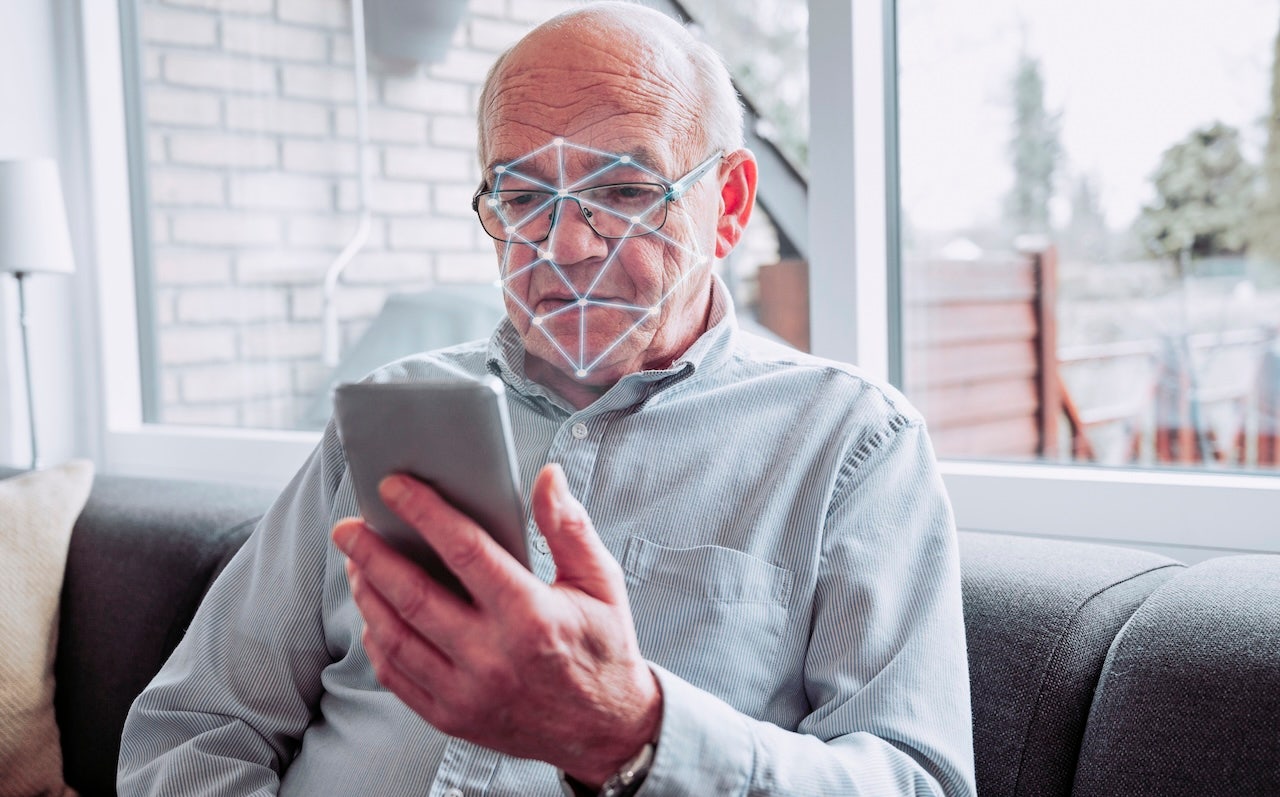New AI tool analyzes face photos to predict health outcomes

Advancements in artificial intelligence have led to the development of a groundbreaking tool called FaceAge, created by researchers at Mass General Brigham. This deep-learning algorithm has the ability to analyze a simple selfie and provide insights into a person’s biological age, which is a key indicator of how fast they are aging compared to their chronological age.
By training FaceAge on a dataset of nearly 60,000 photos of presumed healthy individuals, the researchers were able to test the tool’s accuracy in predicting biological age. They found that when analyzing photos of cancer patients, FaceAge was able to accurately estimate a person’s biological age, which was on average five years higher than their chronological age.
Furthermore, FaceAge was also able to predict survival outcomes for cancer patients and individuals receiving palliative care. In fact, the tool outperformed clinicians in predicting life expectancy based on photos, demonstrating its potential to assist in clinical decision-making and care planning.
The implications of FaceAge extend beyond cancer care, with researchers envisioning its use in predicting diseases, general health status, and lifespan. By providing an early detection system for various health conditions, FaceAge has the potential to save lives and improve patient outcomes.
However, while AI tools like FaceAge offer exciting possibilities for personalized medicine, caution is advised. Dr. Harvey Castro, an emergency medicine physician and AI futurist, emphasizes the importance of diverse training data to avoid biased results. Additionally, ethical considerations such as data privacy, consent, and patient understanding must be addressed when implementing AI in healthcare.
Ultimately, AI can enhance a doctor’s judgment, but it cannot replace the empathy, context, and humanity that define medicine. FaceAge represents a powerful tool in the realm of healthcare, offering new insights into a person’s health and aging process. As research continues to evolve, the potential for AI to revolutionize healthcare remains promising.




